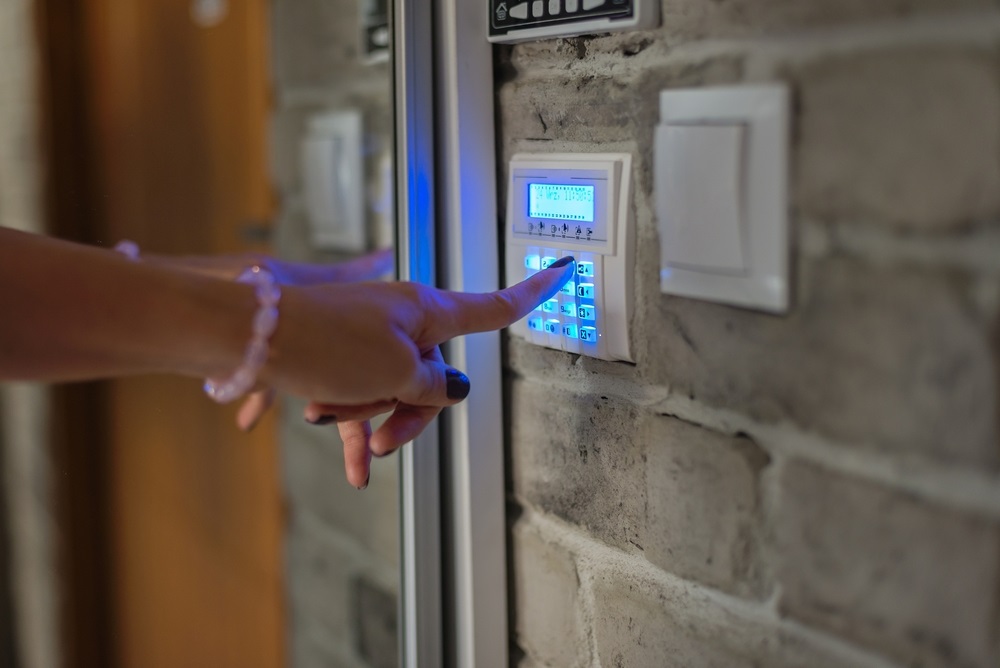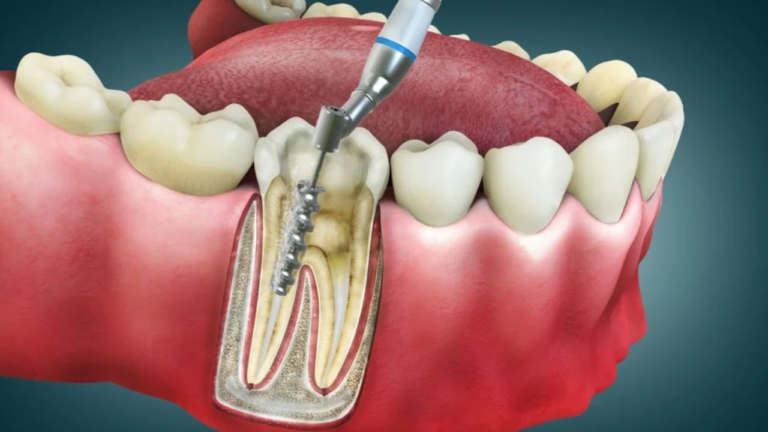In the ever-evolving landscape of healthcare, ensuring the safety, security, and confidentiality of patients, staff, and assets is paramount. Medical security systems serve as the frontline defense against a myriad of threats, ranging from physical intrusions and theft to emergencies and data breaches. These comprehensive security solutions integrate advanced technologies and protocols to create a resilient infrastructure tailored to the unique needs and challenges of healthcare environments. In this blog, we delve into the crucial role and significance of medical security systems in safeguarding the integrity and continuity of healthcare delivery.
Safeguarding Patients and Staff:
- Protection Against Unauthorized Access: Healthcare facilities house sensitive areas such as patient rooms, pharmacies, and supply rooms that require strict access control. Medical security systems employ measures like keycard access, biometric authentication, and door locks to prevent unauthorized entry, safeguarding patients, staff, and valuable assets from potential security breaches.
- Prevention of Theft and Violence: Hospitals and clinics are susceptible to theft of pharmaceuticals, medical equipment, and personal belongings, as well as incidents of violence or aggression against patients and staff. Medical security systems deter criminal activity through video surveillance, alarm monitoring, and panic buttons, creating a safer environment conducive to patient care and employee well-being.
Ensuring Regulatory Compliance:
- HIPAA and Patient Privacy: Compliance with regulations such as the Health Insurance Portability and Accountability Act (HIPAA) is essential to protect patient privacy and confidentiality. Medical security systems implement safeguards such as secure access controls, encrypted communication channels, and audit trails to ensure the integrity and confidentiality of patient information, maintaining compliance with regulatory requirements.
- HITECH and Data Security: The Health Information Technology for Economic and Clinical Health (HITECH) Act mandates stringent safeguards for electronic health records (EHR) and healthcare information systems. Medical security systems employ encryption, authentication, and intrusion detection mechanisms to safeguard data integrity, prevent unauthorized access, and mitigate the risk of data breaches, ensuring compliance with HITECH standards.
Enhancing Emergency Preparedness:
- Rapid Response to Emergencies: Healthcare facilities must be equipped to respond swiftly and effectively to emergencies such as fires, natural disasters, or medical crises. Medical security systems integrate features such as emergency communication systems, mass notification platforms, and real-time monitoring to facilitate rapid response, evacuation procedures, and resource allocation during critical situations, minimizing the impact on patient care and safety.
- Coordination of Care: Effective communication and coordination among healthcare personnel are essential for delivering timely and coordinated care during emergencies. Medical security systems enable seamless communication through intercoms, mobile devices, and centralized monitoring stations, ensuring that critical information is disseminated to the appropriate stakeholders and response efforts are coordinated efficiently.
Fostering Patient Trust and Confidence:
- Creating a Safe Environment: Patients entrust their health and well-being to healthcare facilities, expecting a safe and secure environment for receiving care. Medical security systems instill confidence by demonstrating the facility’s commitment to patient safety, privacy, and dignity, fostering trust and satisfaction among patients and their families.
- Protecting Patient Rights: Every patient has the right to receive care in an environment free from harm, discrimination, or exploitation. Medical security systems uphold patient rights by preventing security incidents, ensuring confidentiality of medical information, and providing recourse in the event of security breaches or violations, safeguarding patient dignity and autonomy.
Conclusion:
In the rapidly evolving landscape of healthcare, the importance of medical security systems cannot be overstated. These comprehensive solutions play a vital role in safeguarding patients, staff, and assets, ensuring regulatory compliance, and enhancing emergency preparedness in healthcare facilities. By implementing robust security measures, healthcare organizations demonstrate their commitment to patient safety, privacy, and quality of care, fostering trust, confidence, and resilience within the healthcare community. As technology continues to advance and security threats evolve, ongoing investment in medical security systems remains essential to meet the evolving challenges and uphold the integrity and continuity of healthcare delivery.









